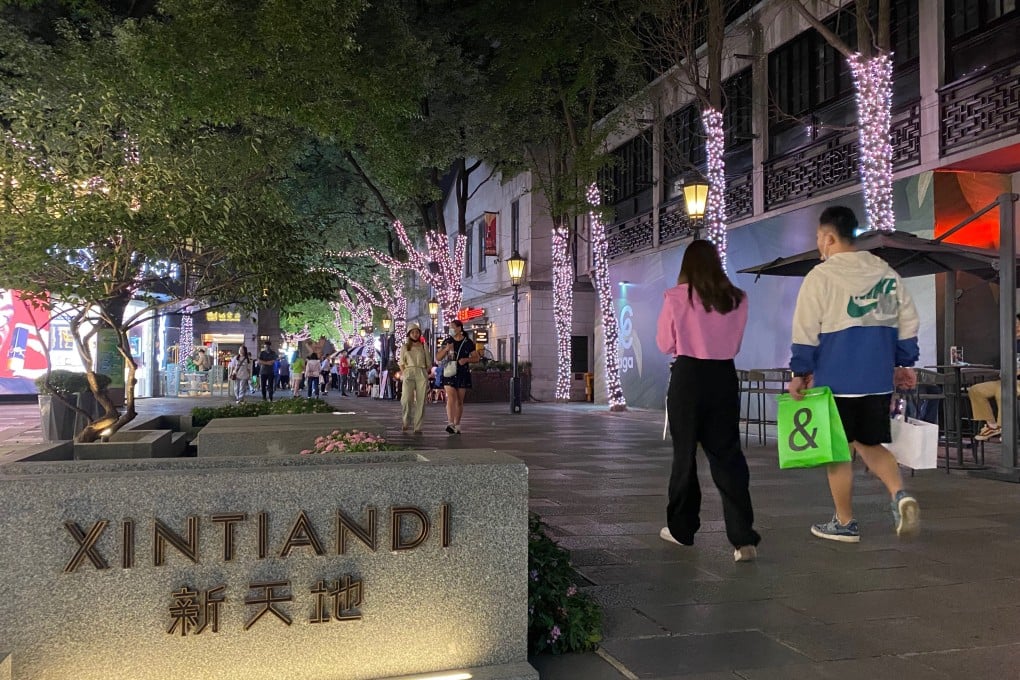Advertisement
Shanghai’s ‘night economy’ faces uphill struggle four months after emerging from lockdown
- Contradictions are everywhere in Shanghai, a commercial hub of 25 million people that emerged from a two-month lockdown in April and May
- The city wants to encourage spending at night time, but is also unwavering in its strict zero-Covid policy
Reading Time:3 minutes
Why you can trust SCMP
1

Alex Liang stared at the posters and wondered what had happened. The bar in Shanghai he had frequented every month for years was still shut and the windows that used to glint in the candlelight were now covered with posters featuring smiley emojis with crossed out eyes.
“It’s been three months since the lockdown was lifted, it does not make sense,” he said. He was walking his dog with a friend on Thursday night and hoped they could grab a drink on the way. He went home without a plan B.
Bar No. 3, a craft cocktail bar in Shanghai’s central Xuhui District, wants to keep its business too. Under the emojis, posters declare “We are closed under the Covid policy, hope to see you soon.”
Elsewhere, at Sinan Mansions in Huangpu District, not a customer was in sight at around 8pm on Tuesday night at the baijiu-infused Maotai ice cream’s new flagship store, which is open until 10pm. The whole courtyard was empty.

Metal fences erected opposite the storefront as a Covid-19 prevention measure mean customers would have to use one of two other entrances and cross the sprawling five-acre estate to get a scoop.
Advertisement